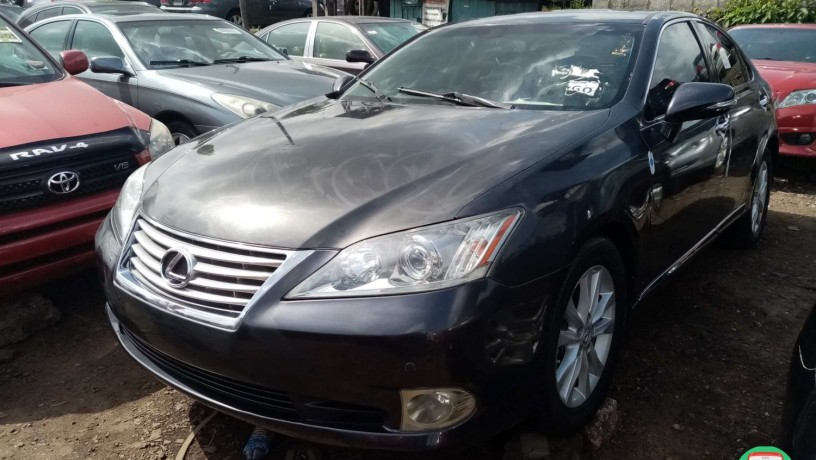‘We Can’t Even Sell Hybrid’- Dealers Say Nigerian Automobile Lovers Not Showing Interest In Electric Cars
Electric cars have become the most popular and most accepted form of zero-emission cars all over the world, with UBS Investment Bank estimating that by the year 2040, nearly all new cars sold globally would be electric vehicles.
Earlier this month, President Joe Biden of the United States signed an Executive Order setting a target to make half of all new vehicles sold in the country in 2030 zero-emissions vehicles.
Advertisement
The reason behind the promotion of electric vehicles is to reduce air pollution and fight climate change and its dangerous effects.
But while the U.S., China, and European countries have witnessed increased patronage of electric cars, EVs have remained rare in most of Africa, including Nigeria.
THE WHISTLER correspondent spoke to some car dealers on how soon they see electric vehicles entering into the Nigerian market as well as their opinions on what it would entail to sell and maintain them in Nigeria.
Chukwuemeka, a car dealer in Abuja, said he could not speak on when the vehicles would start entering the country but he believed Nigerians would be open to using them.
Advertisement
“These things come with technology. There was a time when most cars used carburetors but now they’ve upgraded to injectors. It will take time but I think people will embrace it”, he said.
Speaking on the maintenance and repair of electric vehicles when they eventually come into the country, Chukwuemeka said that would not be a problem as engineers/mechanics could watch videos online in order to familiarize themselves with the engines in those cars and how they work.
“The engineers can watch YouTube videos to familiarize themselves with the cars. That is even what my mechanic does now. If I bring in a car for him to repair and he is unfamiliar with its engine, he just watches one or two YouTube videos on the car engine and how to repair it”, he said.
Kelvin, another car dealer in Abuja said he neither stocks electric vehicles nor gets requests from customers for them, but he believed the cars would soon start entering the country.
“I believe they will start selling them soon, they already sell them in other countries so I’m sure Nigeria won’t be left behind for long”, he said.
Advertisement
Kelvin, whose dealership office is located along the Kubwa expressway, said he believes one of the major challenges of owning an electric car in Nigeria would be the issue of where to charge it.
When asked if he runs any sort of vehicle financing scheme now to assist customers with a car payment that could be applied to those looking to buy electric vehicles, he answered in the negative.
He explained that interested people have to come with their money to purchase any kind of car.
Bunmi, another car dealer in Abuja, shared Kelvin’s point of view.
He was also of the view that power supply and where to charge these cars would pose major challenges to owners.
“There would have to be electrical outlets along almost all major roads. We would also need to have a 24-hour power supply because these cars take a long time to charge.
Advertisement
“Depending on how many amps the car battery has, they could take as long as 20 hours for a full charge”, he said.
He said he doesn’t stock electric cars because customers do not request them.
He also said he did not think Nigerians would start requesting for electric cars soon because they are still averse to the petrol and solar hybrids that are currently available for sale in the country.
“People are even still skeptical about the hybrid cars that are available to them now so I don’t see them requesting electric cars any time soon.
“I don’t even stock hybrids because of the low demand. I only make it available upon request by customers”, he said.
He also cited the cost as a possible turn off.
He said a regular hybrid currently costs as much as a Lexus RX , adding that electric cars will be more expensive.



